Requires Prescription: Yes
Generics: Esomeprazole
Used For: Acidity & Ulcers
How It Works: Esomeprazole inhibits the proton pump in the stomach by binding irreversibly to the H+/K+ ATPase enzyme. This action significantly reduces the secretion of hydrochloric acid, thereby increasing the gastric pH.
Usage and Safety:
Dosage: Follow the dosage as prescribed by your healthcare provider.
Side Effects: Common side effects include headache, gastrointestinal upset, skin reactions, and dry mouth. Rare side effects may include angioedema, anaphylaxis, and fundic gland polyps.
Drug Interactions: Potential interactions with phenytoin, warfarin, clopidogrel, ketoconazole, itraconazole, voriconazole, diazepam, citalopram, imipramine, clomipramine, CYP3A4 inhibitors or inducers, tacrolimus, digoxin, erlotinib, and methotrexate.
Indication: Used for the treatment of heartburn, gastroesophageal reflux disease (GERD), gastritis, and ulcers.
When Not to Use: Contraindicated in individuals with known hypersensitivity to proton pump inhibitors (PPIs). Caution is advised due to potential hypersensitivity reactions such as angioedema, anaphylaxis, bronchospasm, acute interstitial nephritis, and urticaria.
Precautions:
Long-Term Use: Prolonged use (e.g., longer than 3 years) may result in malabsorption or a deficiency of vitamin B12 (cyanocobalamin).
Warnings:
Hypomagnesemia: Rare cases of hypomagnesemia have been reported with extended use of PPIs.
Fractures: Long-term or high-dose PPI therapy may be associated with an increased risk of osteoporosis-related fractures in the hip, wrist, or spine.
Clopidogrel Interaction: Avoid concurrent use with clopidogrel due to potential interaction.
Additional Information:
Pregnancy Category: Consult your physician before using this medication if you are pregnant or planning to become pregnant.
Storage: Store at room temperature, away from direct light and heat.


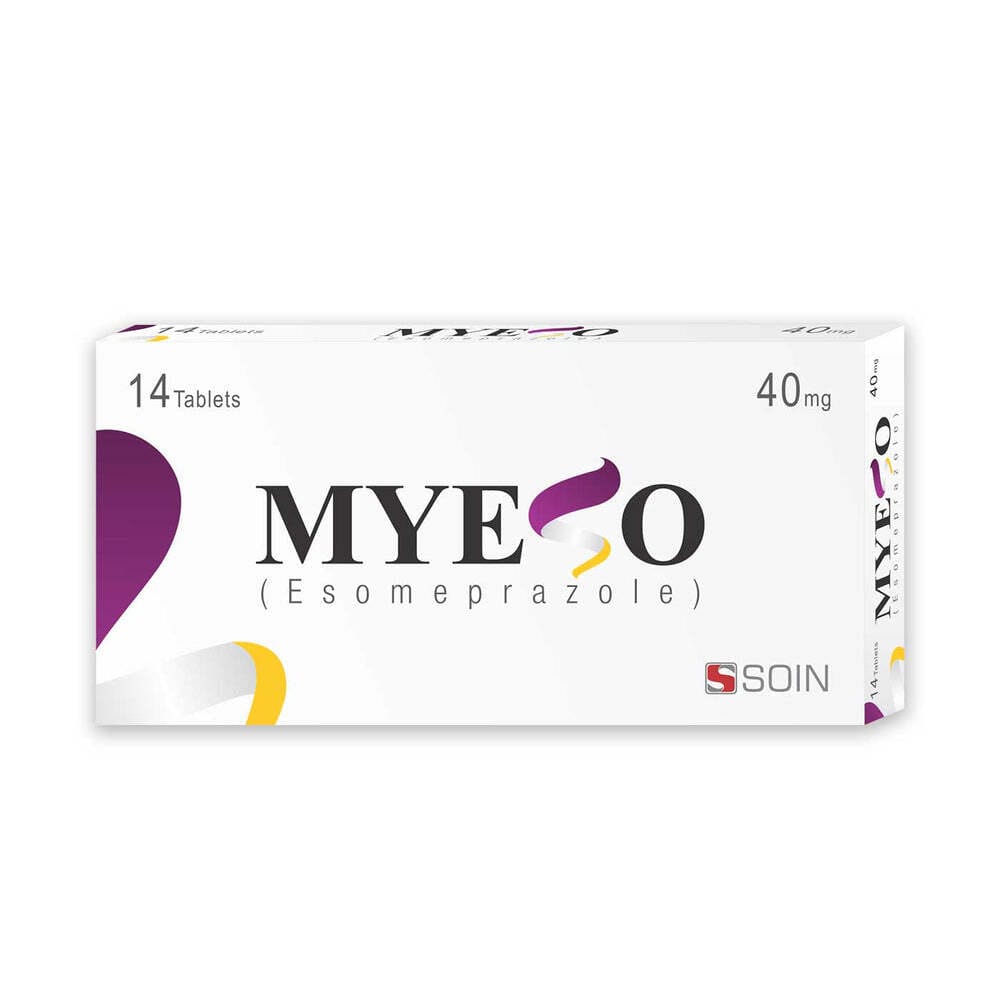





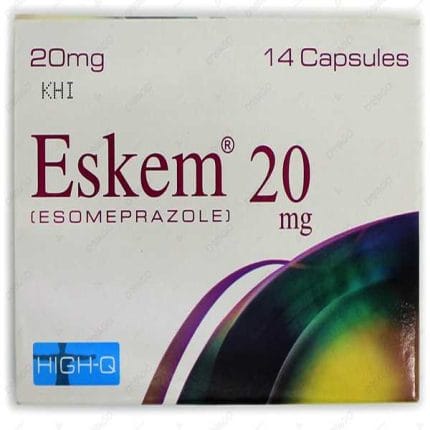
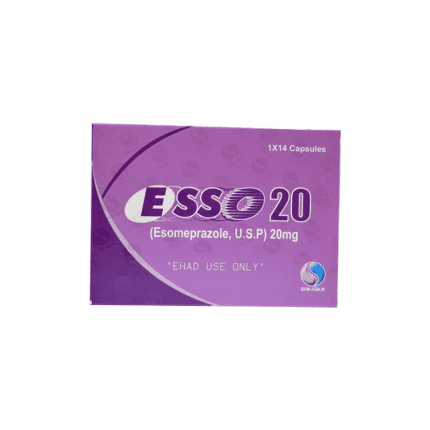


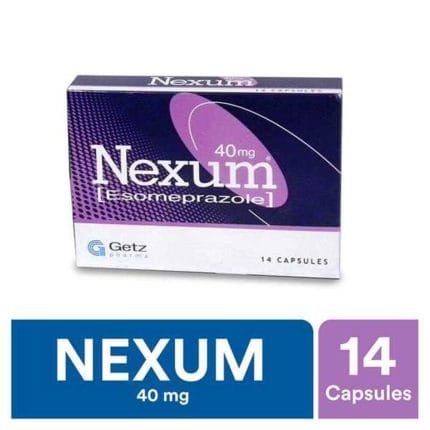
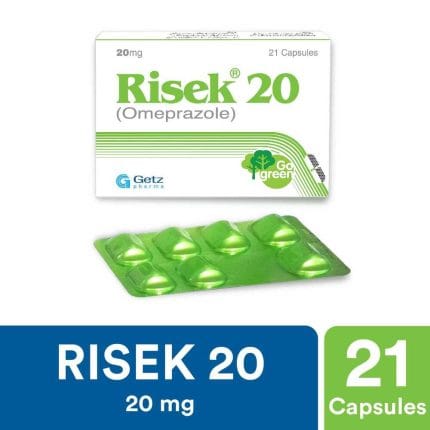
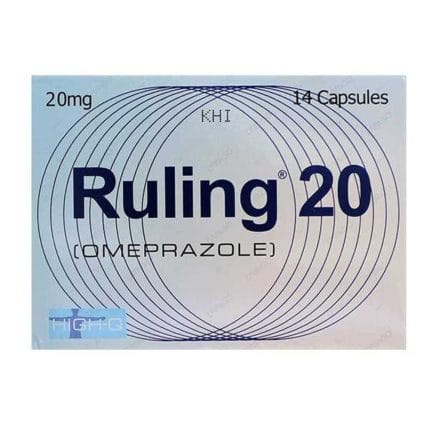







Reviews
There are no reviews yet.